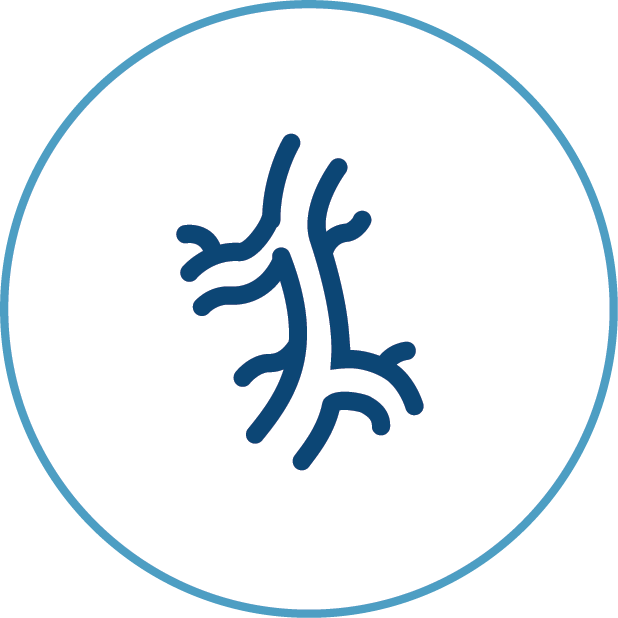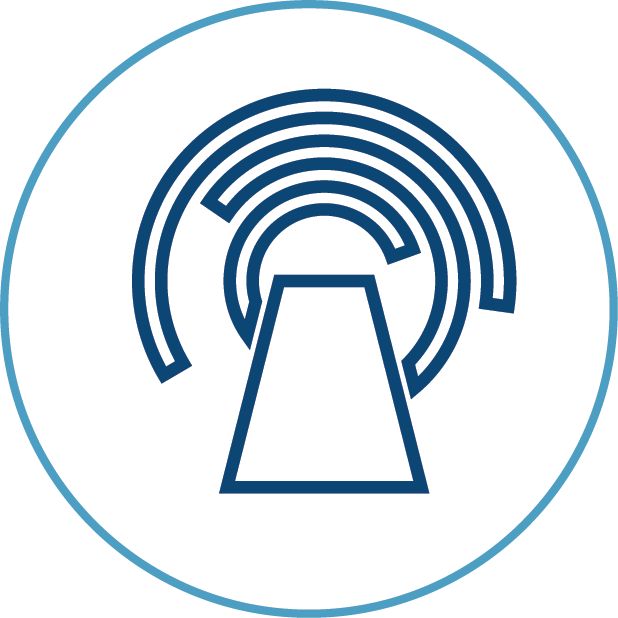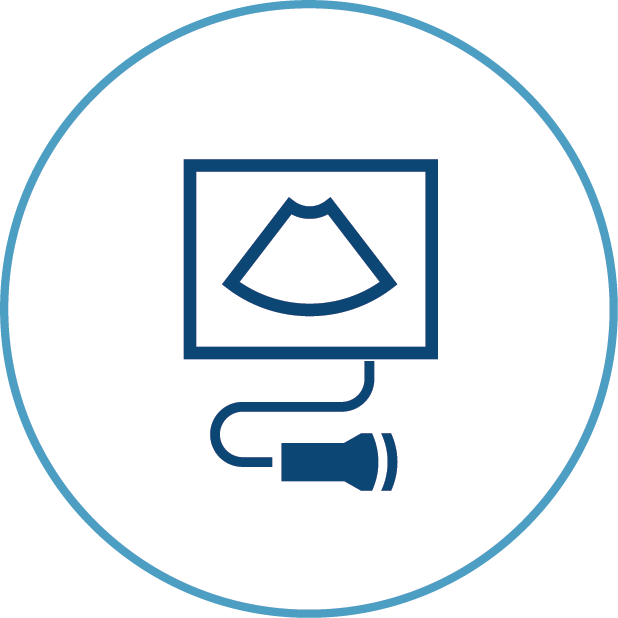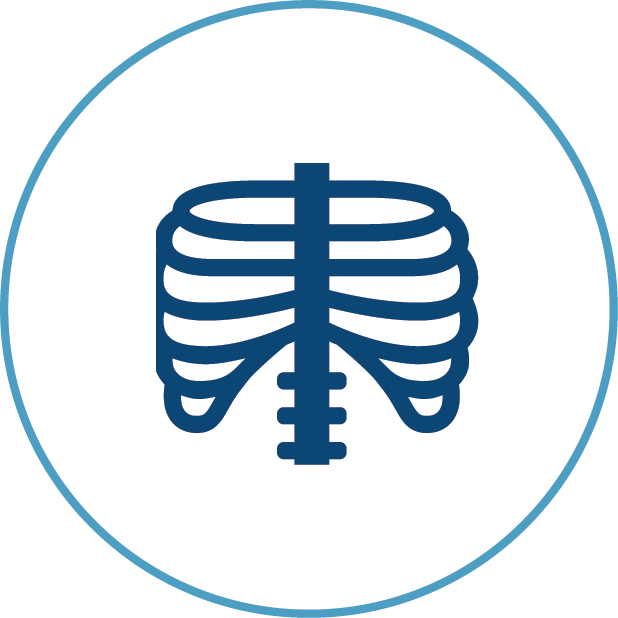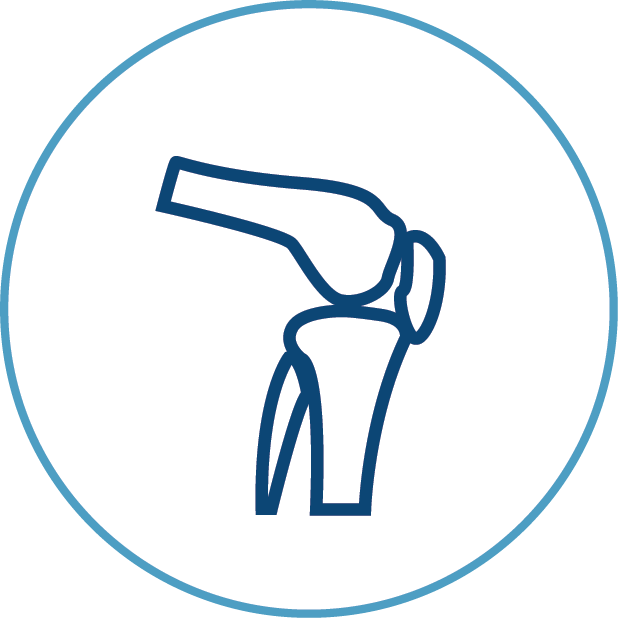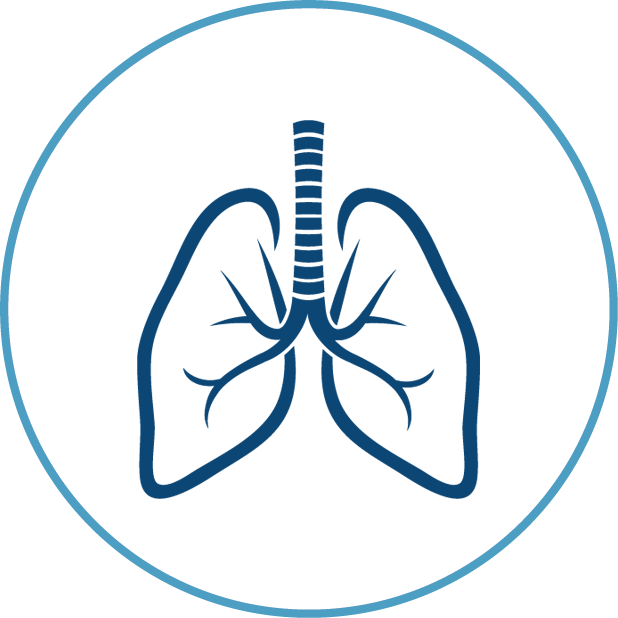OUR SERVICES

Services Provided at 611 MRI
611 MRI offers a variety of radiology services to individuals in Central Pennsylvania. Unlike local hospitals or outpatient centers, we only focus on diagnostic imaging, and our technologists strive to provide patients with a comfortable experience.
We are dedicated to advanced technology, providing patients with access to world-class equipment. Together with our expert and experienced radiologists, we are committed to ensuring the highest quality image and diagnosis.
MRI
Magnetic resonance imaging (MRI) uses powerful magnets and radio waves to produce highly detailed and vivid images of body parts to detect injuries or diseases. The brain, spine, and joints are common parts of the body viewed by an MRI.
Open MRI
The Open MRI is open on all sides making it ideal for larger, claustrophobic, and pediatric patients.
The wide bed allows patients to stretch out and relax, reducing anxiety.
Wide Bore MRI
The Wide Bore MRI has a much larger opening than old MRIs and is also much shorter in length.
MRA
A magnetic imaging angiogram (MRA) is a specific type of MRI scan that is used to create images of blood vessels. The technique is important in finding narrowing of blood vessels, blood clots, aneurysms, and other vessel abnormalities.
CT
Computed tomography (CT), is a scan that produces a series of images of the internal body from various angles. These images can be viewed separately, or combined to create a 3D visual of internal structures such as bones and organs.
CTA (CT Angiography)
CT Angiography utilizes contrast material to produce images of blood vessels in a specific area of the body. The dye causes vessels to “light up,” exposing abnormal vessel formations, damage, and clots.
Ultrasound Imaging
Ultrasound imaging, also known as sonography, uses sound waves to create images of internal organs and vessels in real time.
X-ray
X-ray machines are used to produce images of internal structures, such as bones, by sending a form of visible light (X-rays) through the body. The images are produced digitally for interpretation.
Arthrograms
Arthrograms are commonly done to diagnose the underlying cause of unexplained joint pain. Contrast media is injected into the joint under fluoroscopic guidance and a series of images are taken, either with an MRI or a CT.
Lung Cancer Screening
Our lung cancer screening is a low-dose (lower radiation) CT scan used to detect lung cancer in a treatable stage in past and present smokers.




